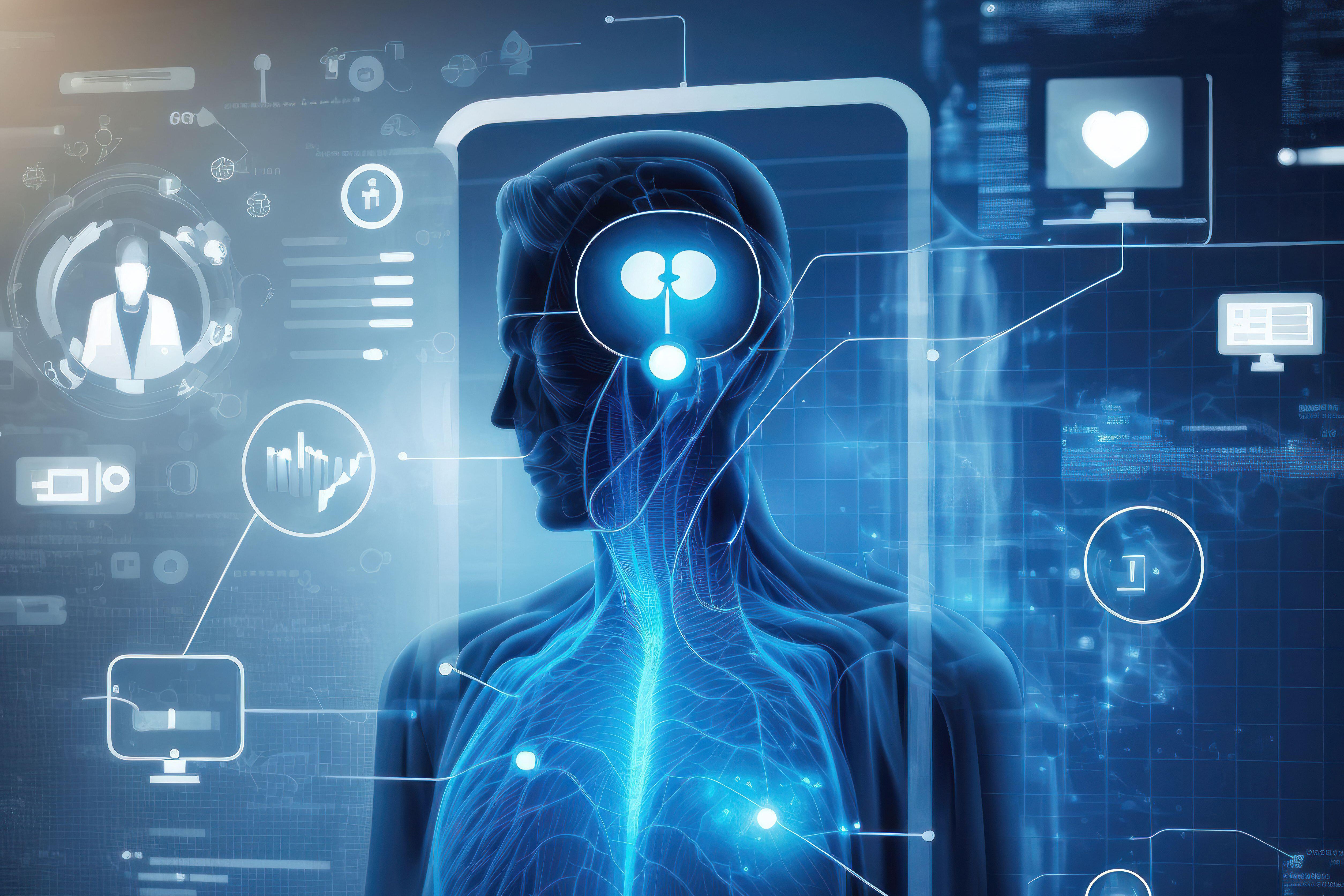
AI-Powered Diagnosis: Detecting Diseases Early and AccuratelyAI-Powered Diagnosis: Detecting Diseases Early and Accurately Artificial Intelligence (AI) is revolutionizing healthcare, particularly in the field of disease diagnosis. AI-powered diagnostic tools leverage advanced algorithms and machine learning to analyze vast amounts of medical data, enabling early and accurate disease detection. Benefits of AI-Powered Diagnosis: * Improved Accuracy: AI algorithms can process and interpret medical images, such as X-rays, CT scans, and MRIs, with greater precision and reliability than human radiologists alone. This reduces diagnostic errors and improves patient outcomes. * Early Detection: AI can analyze data from wearable devices, medical records, and lifestyle factors to identify subtle changes that indicate potential health risks. By detecting diseases at an early stage, healthcare providers can intervene promptly, leading to better prognoses. * Personalized Treatment: AI can help tailor treatment plans to individual patients by considering their medical history, genetic makeup, and lifestyle. This approach optimizes therapy and improves patient outcomes. How AI-Powered Diagnosis Works: AI-powered diagnostic tools are trained on extensive datasets of medical images, patient records, and scientific literature. These algorithms: * Identify Patterns: AI algorithms analyze data to identify patterns and anomalies that may indicate the presence of a disease. * Make Predictions: Based on the data and patterns detected, AI algorithms generate predictions about the likelihood of a patient having a specific condition. * Provide Explanations: Some AI tools can provide explanations for their predictions, enhancing trust and transparency in the diagnostic process. Applications of AI-Powered Diagnosis: AI-powered diagnosis is being applied across various medical specialties, including: * Cancer Detection: AI can identify tumors and classify cancer types from medical images. * Cardiovascular Disease: AI can analyze electrocardiograms and other data to detect heart abnormalities. * Neurological Disorders: AI can detect early signs of Alzheimer’s disease and other cognitive impairments. Challenges and Future Directions: While AI-powered diagnosis offers significant benefits, it also faces challenges: * Data Biases: AI algorithms are only as good as the data they are trained on. Ensuring unbiased and representative data is crucial for accurate diagnosis. * Ethical Considerations: The use of AI in healthcare raises ethical concerns, such as patient privacy, data security, and the potential for algorithmic bias. Despite these challenges, AI-powered diagnosis is poised to transform healthcare. As technology advances and data quality improves, AI diagnostic tools will become even more accurate and reliable. By enabling early detection and personalized treatment, AI has the potential to significantly improve patient outcomes and advance healthcare for generations to come.
Posted inNews